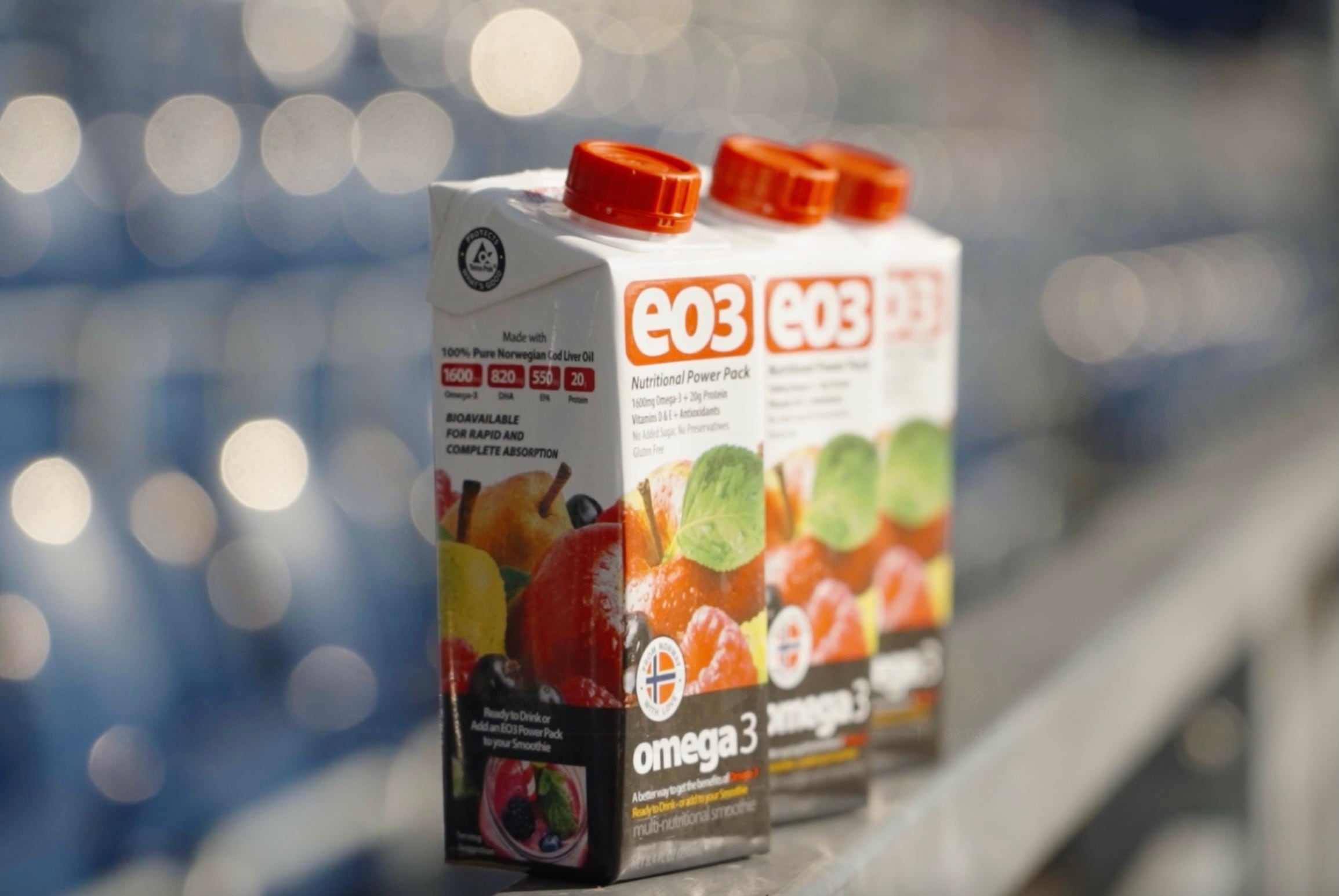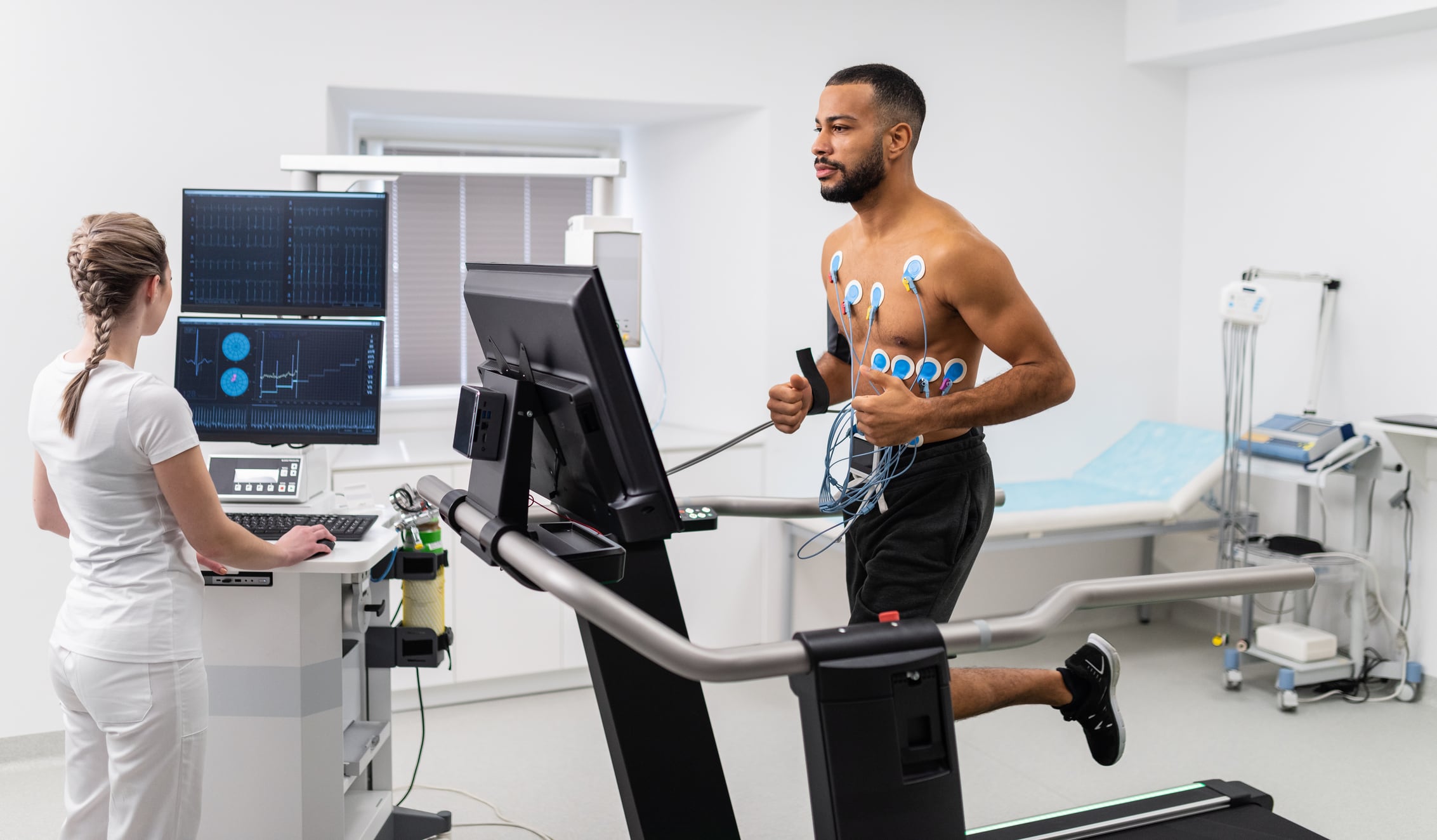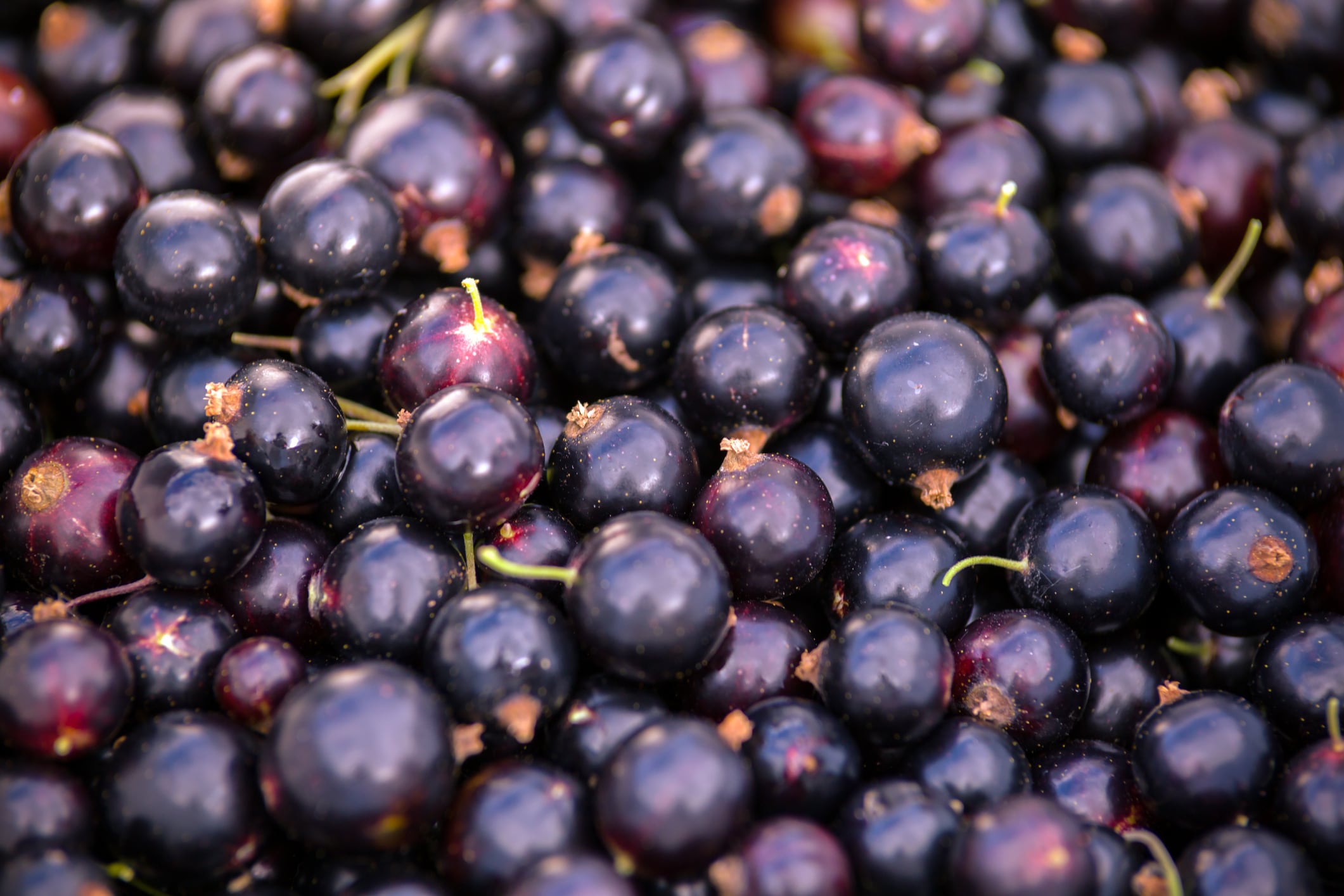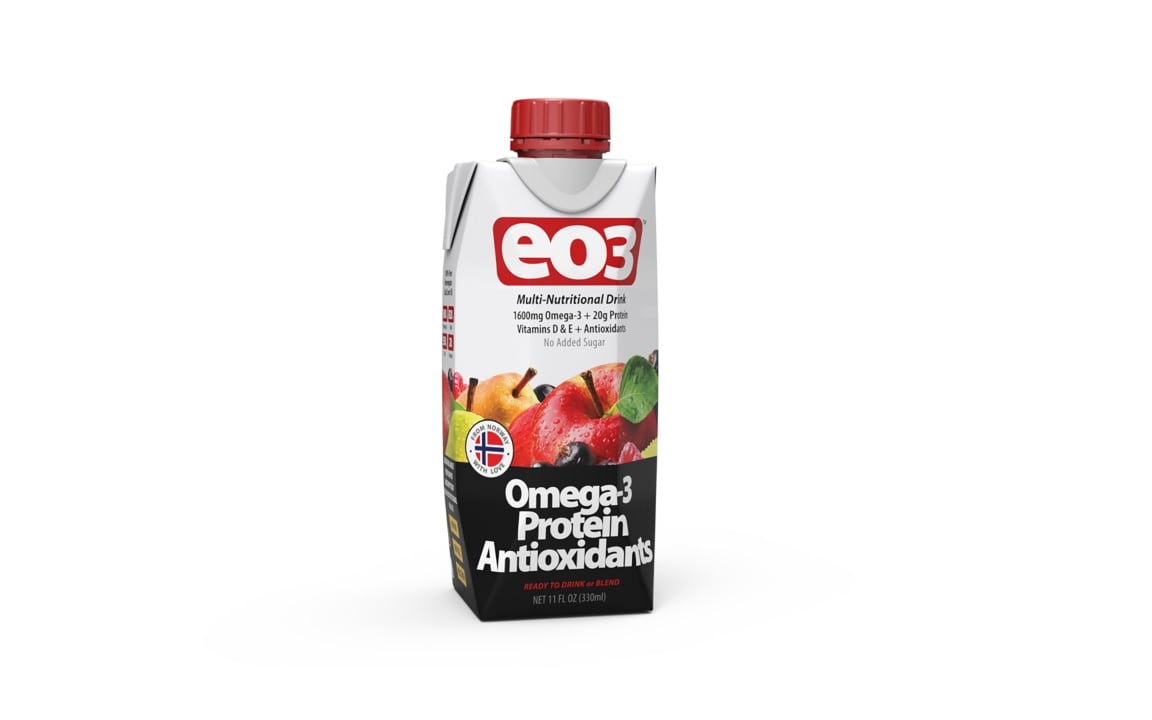The professional Edinburgh Rugby Union team used EO3 (Enhanced Omega-3), a Norwegian ready-to-drink fruit and omega-3 smoothie blend, to assess how the product affects concussion severity and recovery time.
The as-of-yet unpublished study results on ‘the ultimate sports recovery drink’ were recently presented at the 2025 Aspetar World Conference on Sports Medicine (Oct. 9-11) in Doha, Qatar.
“We were delighted that a professional team like Edinburgh Rugby wanted to do a solid trial on this important and problematic issue, as we wanted to see in a real, practical setting how EO3 can be beneficial for athletes,” said Janne Karin Sande, inventor of the EO3 sports drink.
The EO3 drink contains sustainable, wild-caught Atlantic cod and offers 20 g of protein and 1,600 mg of omega-3 fatty acids (550 mg of EPA and 820 mg of DHA), as well as vitamins D and E, plus carbohydrates and antioxidants from a range of fruit juices.
Sande explained a real life setting shows what will work in practice and if players will actually adhere to the regime
She explained that while the problem and long-term impact on players is well documented, solutions for both concussions and traumatic brain injury (TBI) are limited.
“Specific nutrition with supporting data should be implemented to take better care of the players’ welfare,” Sande said, adding that concussions and TBI can trigger a cascade of neurological damage.
The new research adds scientific backing to the idea that EO3 can have both neurological protection properties and provide neurological healing when concussions and TBI occur.
EO3 for preventing and treating rugby concussions
Sport-related concussions (SRC) are a common injury among rugby players, accounting for almost a quarter of match injuries.
Most current management strategies focus on prevention through law changes and mouthguards, for example, or treatment such as rest, cognitive testing and return-to-play protocols. However, nutrition is increasingly being explored as both a preventative and therapeutic strategy.
“From about 2016, there has been lots of scientific research showing that increased intakes of omega-3, particularly DHA, are very beneficial in terms of not only preventing concussions, but also in terms of helping once a concussion has taken place,” said Tom Coughlin, performance nutrition consultant for Edinburgh Rugby.
“But nutrition is one of those areas that I think is a controllable factor that hasn’t necessarily had too much attention. So, what I thought was a couple of seasons ago, why don’t we start to collect our own data on concussions and omega-3 intake, and that’s where EO3 came in.”
Omega-3 fatty acids (EPA and DHA) are well-documented for their roles in brain health, reducing inflammation, and supporting neuronal membrane repair. Meanwhile, vitamin D can influence brain signaling and recovery, while vitamin E protects cells from oxidative stress. Furthermore, antioxidants and carbohydrates from fruit juices can support energy metabolism and protection against oxidative damage following brain injury.
Omega-3 supplementation linked to major reductions in recovery time in pro-rugby trial
The project was conducted during the 2023/24 season and was compared with results from the 2022/23 season.
“Professional sports teams have a lot of historical data and dedicated crews following closely, doing regular tests and analysis on them,” Sande explained. “This makes them able to carry out a trial on the players in a robust way.”
Researchers administered EO3 to players after the captain’s run (a light training session held the day before a match) and following each match, effectively loading omega-3s at the times when players were most vulnerable to head impacts.
Over the course of a season, they compared total concussion rates and concussion recovery times. In a second phase, players who sustained concussions received one EO3 drink per day to assess whether it accelerated return-to-play and symptom resolution.
The data, previewed by NutraIngredients, showed four key outcomes when comparing the intervention season to the previous year: a 28% reduction in total concussions; a 52% reduction in concussions per month; a 54% reduction in average return-to-play time from 28 to 13 days, and a 34% reduction in concussion contribution to overall injury burden.
Concussion study highlights omega-3s potential across contact sports
Coughlin said: “If we can keep our players healthier and fitter for longer, that massively benefits us as a club, but also we care about the health of our players massively. So, anything that we can do to support them in that is absolutely crucial.”
He noted the findings are not just relevant to rugby, but to any contact sport where head injuries can occur such as American football, ice hockey, football and cycling.
“One of the commonalities that links all these sports is the fact that exercise recovery generally is incredibly important, and EO3 ticks that box incredibly well,” he said.





